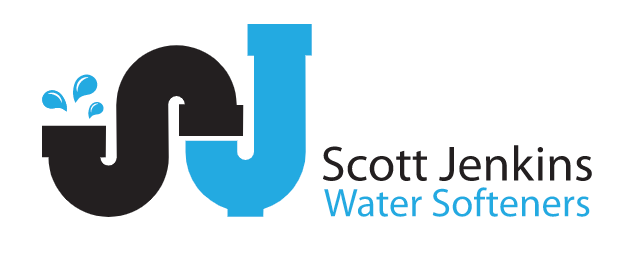Other than a catastrophic pipework failure that floods out your property (an unlikely occurrence) there aren’t many plumbing issues that will have a worse impact on your home than the effects of hard water on the boiler and central heating system.
This is especially true for West Sussex, Hampshire, Surrey and the wider south east. Why – because we live in an area where there is very hard water, registering at a level of around 300ppm – that’s parts per million of calcium carbonate.
It might be hard to believe, but if your central heating system is constantly exposed to hard water, your once pristine, “A” rated boiler could become a modest-performing “B” rated boiler in the space of just 6 months.
THE BOILER RATING SYSTEM
A boiler’s efficiency is based upon the amount of fuel going into the boiler which is converted into usable heat. This is done on a rating basis – from A to G. A being the highest level of efficiency. The boiler unit itself should be clearly marked with an energy efficiency label. If not, then check in the manufacturer’s paperwork or online.
All new modern condensing boilers are required by law to meet a minimum efficiency of 92%. This is categorised as an A rating. When the percentage level falls, it means you are using more and more fuel to achieve the required level of heat or hot water.
Why does hard water make a boiler downgrade?
How is this possible? The magnesium and chalk – the limescale producing minerals that make our water hard – cling onto the pipework and the heat exchanger (the bit that heats up the water) in the boiler. As the scale builds up, because the limescale mineral content acts as an insulator, the boiler has to work ever harder just to heat the scale – before it can even heat the water.
This means that you use more gas and have to run the water for longer to get it properly hot. This is how the rating drops year on year. When things get really bad, as the heat exchanger gets more and more furred up, you will lose both heat and water pressure. And when this happens, the boiler will need repairing. In extreme circumstances, it could need replacing altogether. Either way, this will be costly.
Not only that, but the repairs are likely to only be a short term fix because the underlying cause of the problem – the hard water – will still be present. So the boiler will always remain under the same, relentless onslaught – and you’ll soon be back to square one.
That’s how, in a timeframe of as little as six months, your “A” rated boiler could be downgraded to a “B” rated boiler.
This is one of the most important reasons why it is advisable to have softened water coming into your home, rather than hard water – a classic case of prevention being better than cure.
To find out more about the benefits of having a water softener in your home check out this website and our informative blog section. For all installation enquiries, please contact SJ Water Softeners, the number one local supplier for West Sussex (and parts of Hampshire and Surrey) on 01243 607494 or via email: scott@sjbs.info
